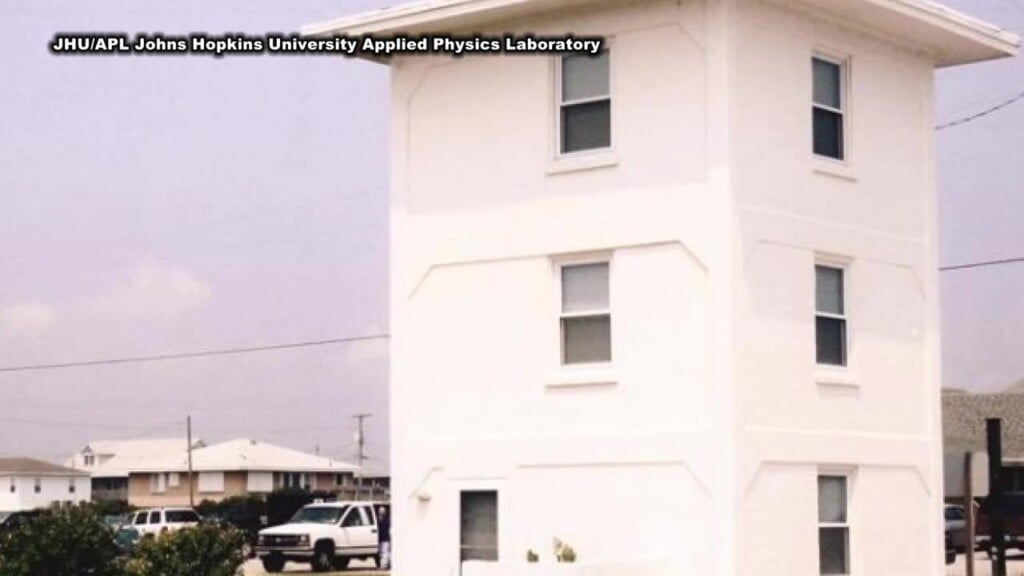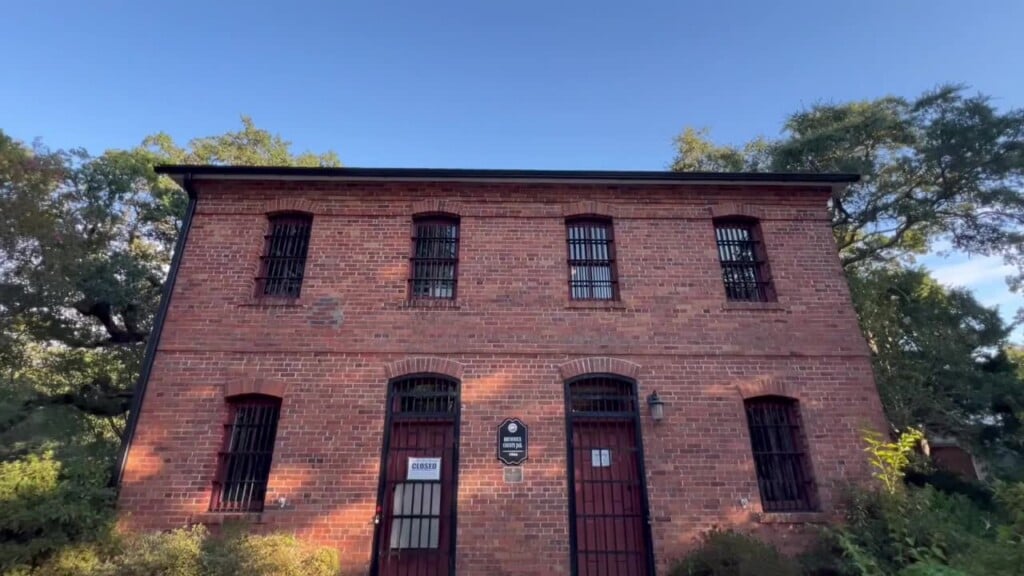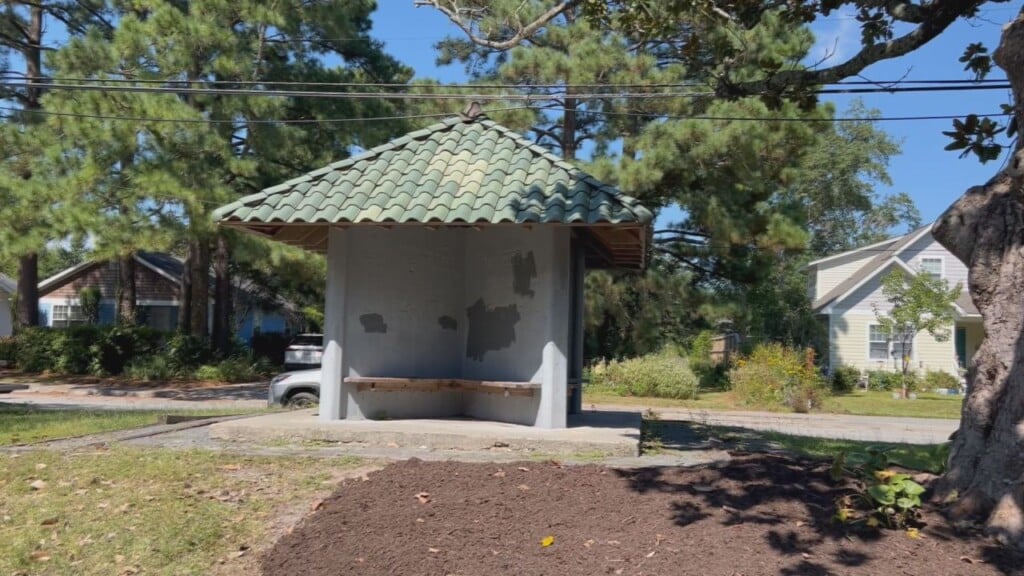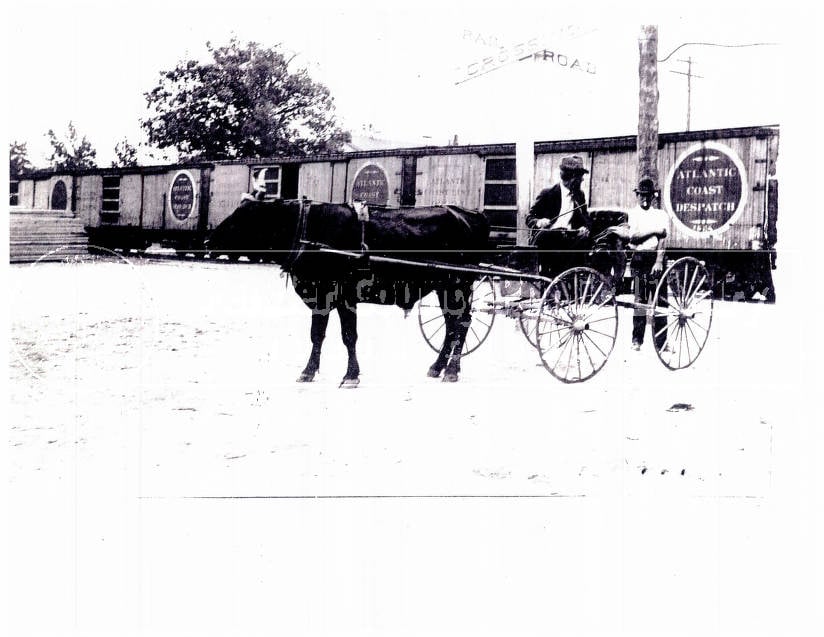History with ‘Hud’: Reflecting on when part of Pender County served as a refugee colony during WWII
PENDER COUNTY, NC (WWAY) — It’s been nearly a century since Jewish refugees from Nazi Germany were brought overseas to live in an agricultural colony in rural Pender County. But the impacts of those years can still be seen today.
The colony was originally founded in 1905 when Hugh MacRae began recruiting immigrants to the area for resettlement in six agricultural colonies. He aimed to recreate the close-knit communities found in Europe.
But only three of the six colonies were successful, with Castle Hayne being home to the most successful one with mainly Dutch settlers. The Van Eeden Colony eventually got its name from Frederick Van Eeden, a Dutch writer and physician.
Alvin Johnson was one of MacRae’s advisors. As things worsened in Nazi Germany, Johnson urged MacRae to revive Van Eeden. He purchased a large tract of land from MacRae near Burgaw, who owned more than 1,000 acres at the time. The Alvin Corporation was used to bring Jews overseas to the region.
Each family was promised one acre of land, a cottage and a cow. Four families joined the community in the fall of 1939 with four more in the spring of 1940.
The unique effort to transplant Jewish refugees, most with little farm experience, to rural North Carolina bypassed the U.S. State Department’s extremely restrictive immigration policy towards Jews. By placing advertisements in German papers seeking Jews to come to Van Eeden as “farmers”, Johnson was able to find a loop hole in the system.
Unfortunately, only about 12 of 50 families planned for resettlement in Pender County were rescued before the German borders were firmly shut as the government implemented Hitler’s Final Solution of genocide.
But problems arose, as many of the settlers were professionals in fields not accessible in Pender County. With few agricultural skills, the crops suffered. Despite snakes and mosquitoes, they made the best of a bad situation and children were forced to walk five miles to the nearest school in Penderlea.
Not surprisingly, the settlement was short lived and abandoned by 1946, with most homesteaders moving to other opportunities in Wilmington or to the northeast. One family moved to Penderlea, where all the children of the colony attended school, and ran a dairy until the early 1950’s.
Decades passed before recognition for the importance of the site was permanently put on display. On April 18, 2018 the North Carolina Highway Historical Marker Program erected a new historical marker on US 117 at the Camp Kirkwood Road intersection with Murphy Road in Watha.
It should stand the test of time to mark the effort to rescue people from hardship in Europe in the 1930s.
Meteorologist Matthew Huddleston (‘Hud’) has always had two major loves – weather and history. While you can watch him talk about weather each morning on WWAY, he looks forward to bringing you a little piece of history each Thursday on WWAY’s website.
To read other History with ‘Hud’ segments, click HERE.




